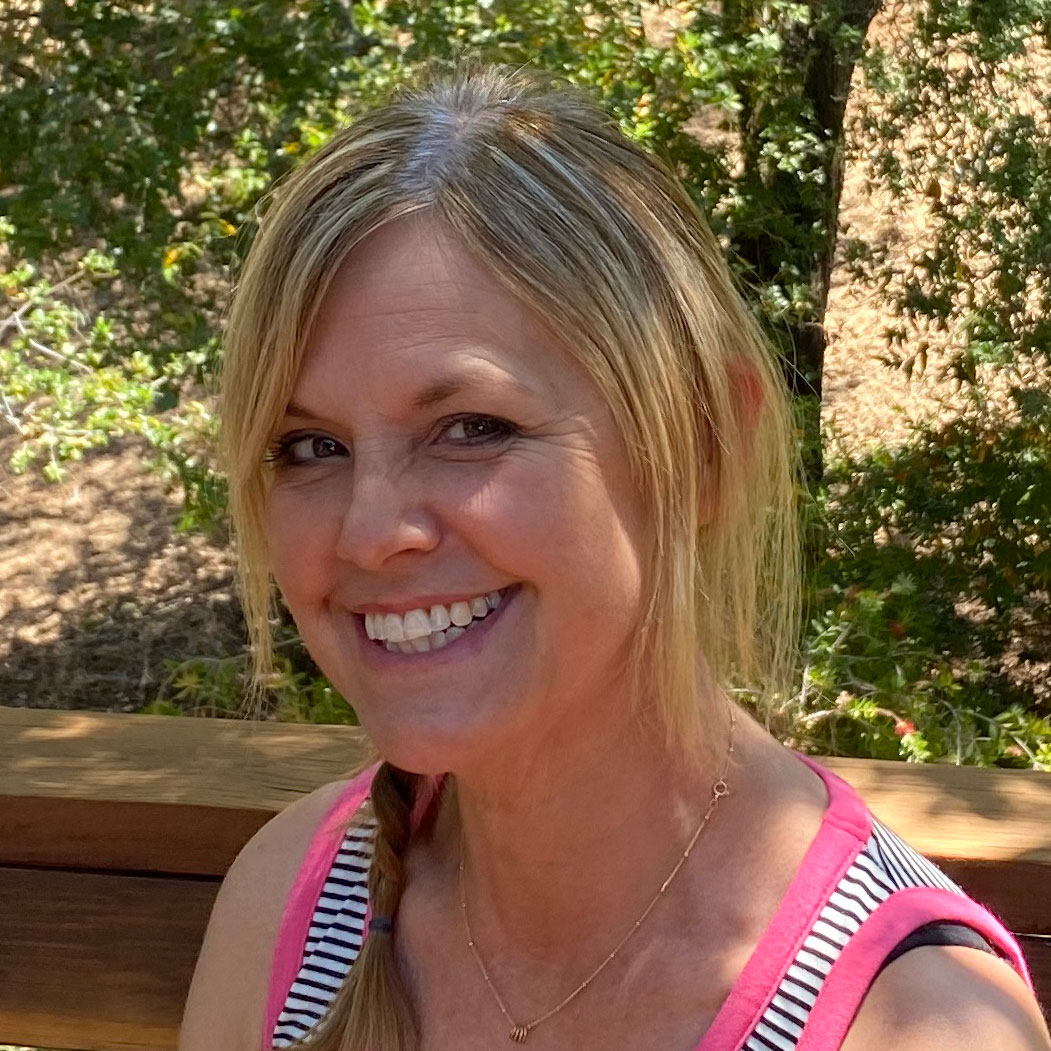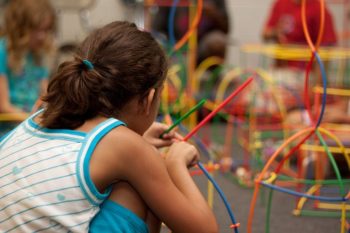 Homeschool Time Management
Homeschool Time Management
Homeschool budgeting sometimes has nothing to do with math and money, but with time. Planning for the school day and year is crucial for the success and sanity of both teacher and students. At least for most of us. I have friends who are very unstructured in their homeschooling and their children seem to thrive. While I applaud them, I need a plan!
When I started homeschooling, my planning consisted of choosing curriculum and following the scope and sequence. I planned for the week and tried my best to get it done. If I didn’t, I felt like a failure. Throughout the year, I got distracted by all the bright, shiny opportunities available. Weekly homeschool choir and drama? Ultimate frisbee? Cool field trip tomorrow? Sign the kids up and we’ll make it all work!!! [Read more…]
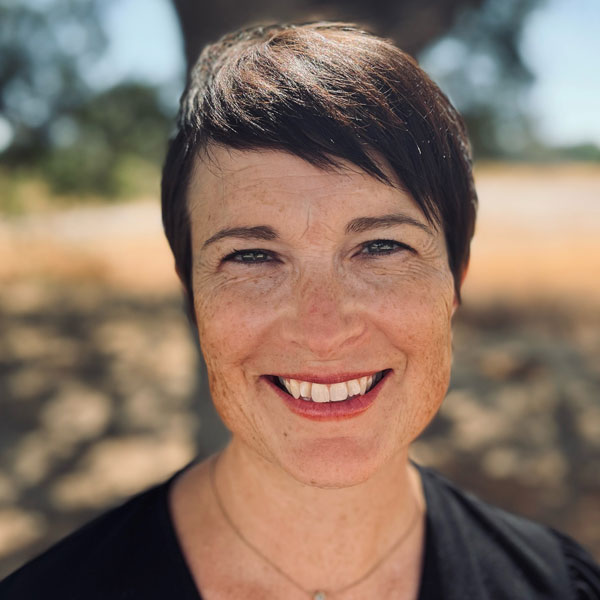
Jo Baldwin first considered teaching as a career in seventh grade after helping a cousin survive summer school homework. Jo’s high school English teacher also inspired her love of teaching and continues to be one of her mentors to this day. After graduating with a B.A. in English and a secondary teaching credential from Northern Illinois University, she moved to California and taught in a private secondary school and then a public middle school. Jo now spends her time homeschooling two of her children, chasing animals on her hobby farm, and writing children’s literature. She loves to travel and explore wherever life takes her, wander through used bookstores, drink strong coffee with plenty of cream, and use newly sharpened pencils. She agrees with William Butler Yeats’ viewpoint on learning: “Education is not the filling of a pail, but the lighting of a fire.”
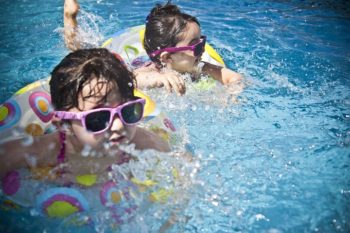 Homework: A Guide to Inspire Learning
Homework: A Guide to Inspire Learning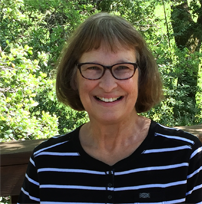
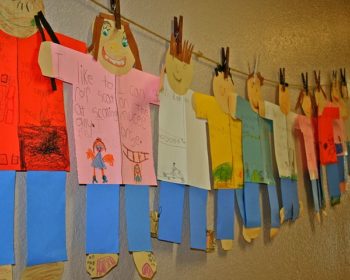 How to Improve Your Children’s School Successes
How to Improve Your Children’s School Successes 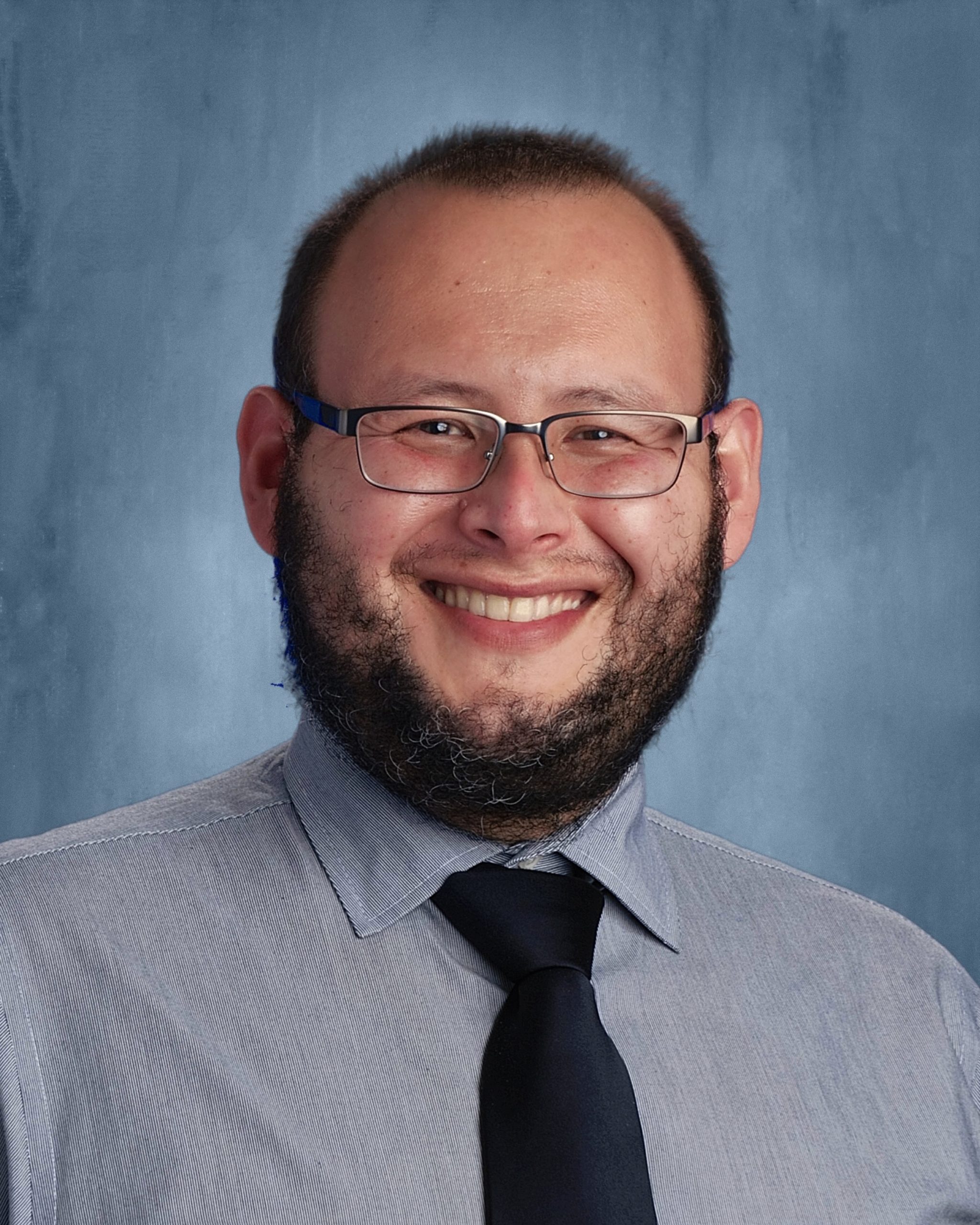
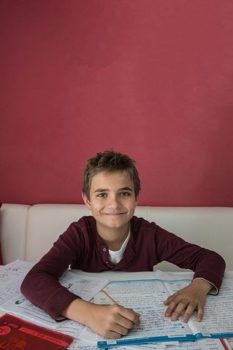 Homeschool to Traditional Classroom
Homeschool to Traditional Classroom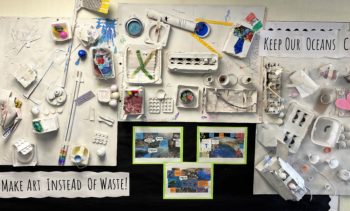 Kids Become Junior Environmentalists
Kids Become Junior Environmentalists